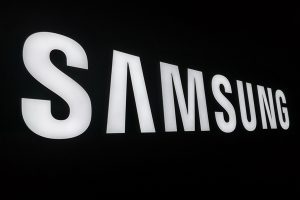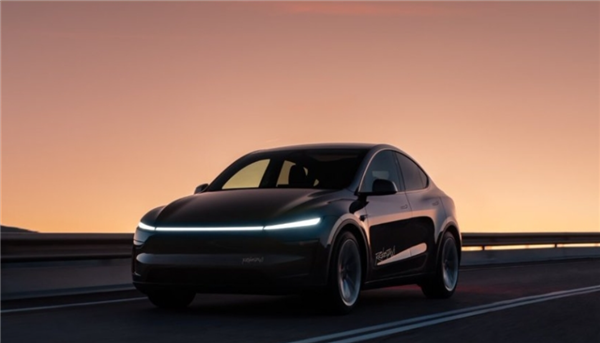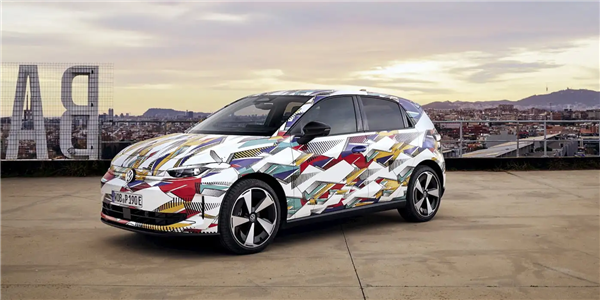April 21, 2025 – Tesla’s performance in the Japanese market has emerged as a rare beacon of success amidst a broader global decline, as reported by Nikkei Asia. While the company does not release regional sales figures, estimates based on data from the Japan Automobile Importers Association (JAIA) reveal a significant uptick in demand. Tesla is grouped under the “Other Brands” category in JAIA’s sales reports, where it accounts for the majority of sales.
In the first quarter of this year, “Other Brands” sales surged by 56% year-over-year, reaching 2,120 units. March alone saw an 89% spike to 1,249 units, marking a monthly record. This contrasts sharply with Tesla’s performance in other key markets, where sales are declining. According to MarkLines, Tesla’s combined sales in China dropped by approximately 30% in January and February, while U.S. sales fell by around 10%, and European sales plummeted by nearly 40%.

The surge in Japan can be attributed to a lack of competitive domestic alternatives. With only eight electric models available from Japanese brands, consumers are turning to imports. Nissan’s Leaf, a pioneer in the Japanese EV market, saw a 32% decline in first-quarter sales to just 1,133 units, while Toyota’s bZ4X sold a mere 85 units, a 76% drop from the previous year. Collectively, Japanese automakers sold 2,063 EVs in the same period, falling short of Tesla’s estimated sales.
The aging designs of the Nissan Leaf and Toyota bZ4X—unchanged since 2017 and 2022, respectively—have eroded Japan’s EV competitiveness. As a result, imported models now account for roughly 75% of Japan’s EV sales, with Tesla and BYD commanding nearly 30% of the market. The declining appeal of Japanese EVs underscores the need for innovation and timely updates to remain competitive in a rapidly evolving market.












